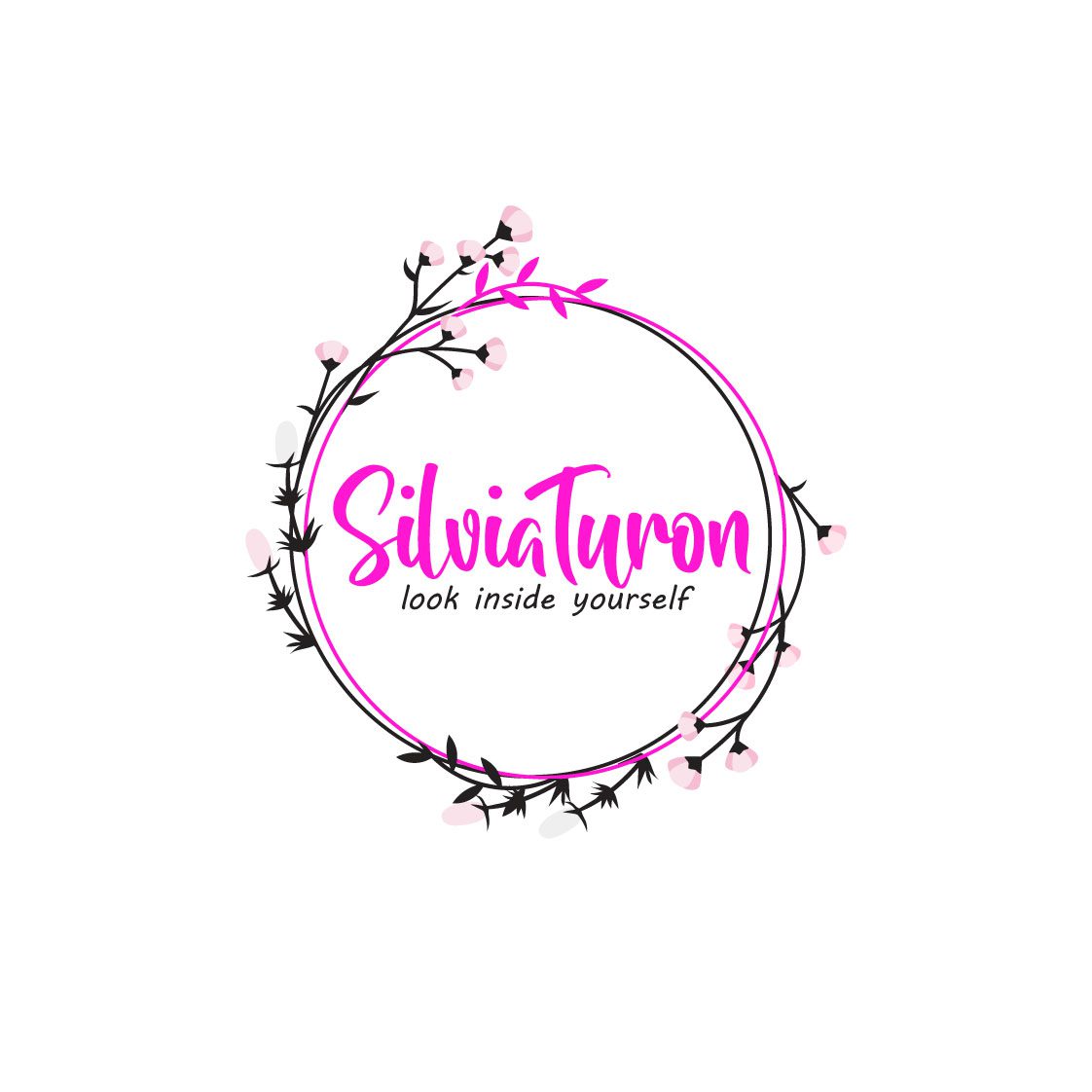3 Ways How to Overcome Your Old Self and Heal Powerfully
For most of my life, I was living in a circle. I thought the same thoughts that were creating the same emotions and, therefore, led to the same results.
Although I tried numerous ways to heal and grow, the results were minimal.
At first, I was waiting for some big breakthrough, a situation to sweep me off my feet and eliminate my blind spots.
Eventually, I was challenged to look deeper and ask myself a question that fundamentally altered my awareness about who I was and how my repetitive behavior kept me stuck.
“Why is it that no matter what we do or how committed we are to our recovery and well-being, we can’t escape the non-ending spiral of self-defeat and self-judgment?”
Let’s start with the word “escape.”
1. It’s about befriending, not escaping.
Whether we call them shadows, negative emotions, or unwanted traits, running away from what we feel to feel better won’t eliminate unprocessed emotions. If you are running away from what you feel, those emotions have power over you. If you are facing what you feel, you are in control.
When I say befriending your emotions, I don’t mean ruminating on or revisiting them over and over. Befriending means overcoming the fear that comes from facing what we feel and allows us to heal powerfully.
You are not what you feel
One of the powerful practices I exercise regularly is a simple visualization where I attempt to dissociate from what I feel. I close my eyes and visualize myself standing in front of me about 5 feet away. The person I am looking at is me, and this person is experiencing the current flow of my emotions.
The point of this exercise is to disconnect from the “old you” who feel these emotions and observe them without reacting to them. This simple yet powerful exercise allows you to withstand the discomfort of your emotional state while becoming aware of your feelings in real-time and therefore, heal powerfully.
I often tell myself this sentence: “These are old emotional triggers coming to the surface. The danger I feel is not real, and I can observe it from a place of love and safety.”
For the most part, the danger we feel isn’t real. The moment we see it and observe what we feel without reacting, we are winning over our old selves.
2. Taking responsibility is being in control
When the pain gets overbearing, we may end up in a place I call a victim mentality. Victim mentality is a place of blame where we are defined not by our inner power, but by the people and circumstances around us. As you may suspect, we can’t control anything outside of ourselves.
This is the place where many of us get stuck. We try to do all this deep inner work, read books, sit down to meditate, or do yoga, and we spend a fortune on therapists, specialists, and coaches, just to find ourselves in the same place a year later.
Don’t get me wrong, my dear reader. Admitting that you are the one who has been standing in your way is pretty confronting and intimidating. It challenges your ego and pushes you to take responsibility.
As I said in one of my articles for Tiny Buddha, we aren’t responsible for the abuse that was done to us, but we are responsible for our recovery. The moment we take responsibility for our growth, we allow ourselves to heal powerfully.
Overcoming victim mentality
Learn to take responsibility for how you think and feel. Do whatever it takes to move away from blaming people and circumstances.
I remember when I broke up with my ex-boyfriend a few years ago. I was so angry and bitter that I would lash out at anyone. Therefore, I decided to work with my anger by writing the meanest, most horrifying letter to my ex-boyfriend. It’s one of those letters you never show to anyone.
Twelve pages and 2 hours of outrage and anger later, I burned the letter. Although this may sounds a little extreme, it allowed me to let go of my trapped emotions and released blocked energy.
Be intentional by taking your attention away from external factors like people and past experiences while directing it to your emotional state and what you have the power to do.
Create your self-care toolkit and spiritual practice to bring more wholeness and joy to your life. When you feel good, you are more open to accepting the truth of your circumstances and moving forward in a proactive and positive way. Remember that to heal powerfully, it’s all about how you feel.
3. The power of self-forgiveness
A silent partner of self-awareness is self-judgment. Especially when we are at the beginning of our recovery, judgment is a way of life for many of us. Often it’s harsh self-judgement that prevents us from healing powerfully.
As we start to be honest about our shortcomings or negative mindset we hold on to, we may move towards the familiar route of judging ourselves for what we discover.
Here is an understanding that’s helping me in my recovery when I want to slip into judgment. You and I are born as perfect, whole, limitless, cute, adorable babies. As we grow up, we become domesticated. What impacts us is the environment we live in, the people around us, and the experiences we have.
I am going to assume that many of us didn’t grow up in households where we talk about our feelings, meditate every morning, and confront problems right when they happen. We came from broken homes, witnessed or experienced domestic violence, and were sexually, emotionally, or physically abused.
These experiences created limiting beliefs about who we are or what we can accomplish, and we act based on these survival mechanisms. Your survival mechanism doesn’t care about moral and immoral, good or bad aspects of your actions. It only wants to ensure your survival at all times. That’s why we often act in ways we can’t logically justify and immediately reach for judgment.
Coping with judgment while healing powerfully
One of the biggest differences in my recovery happened when I committed to practicing self-forgiveness. At first, it felt uncomfortable since I was so familiar with guilt but unfamiliar with understanding, love, and self-compassion.
I practiced through guided forgiveness meditations and journaling. Eventually, I became more aware of this little critic inside of my head and was able to stop it. That’s when I learned what it means to heal powerfully.
When it comes to healing our traumas or past pains, many of us are looking for a big breakthrough or some type of magic moment when everything clicks and our lives transform.
Although these moments will eventually come, I encourage you to be very patient with yourself.
As you find the courage to face your emotions while exercising self-forgiveness, you will reach a point, sooner or later, when everything that happened to you will make sense.
That’s when you look back and understand that every struggle you faced, and every challenge you conquered had to come into your life to build you into a powerful person you never thought you could become.












Leave a Reply